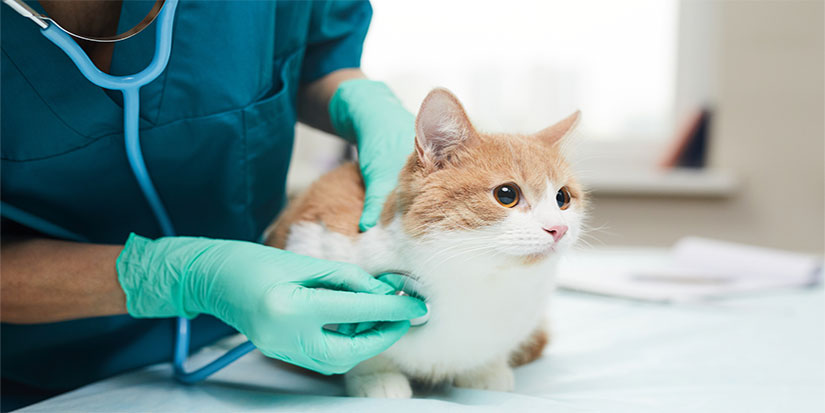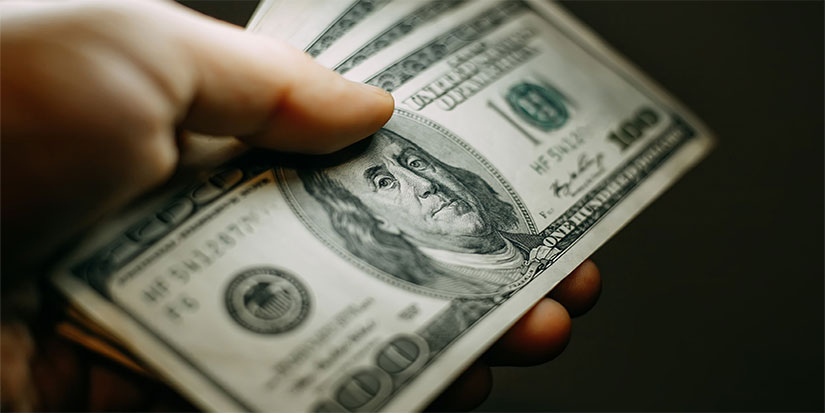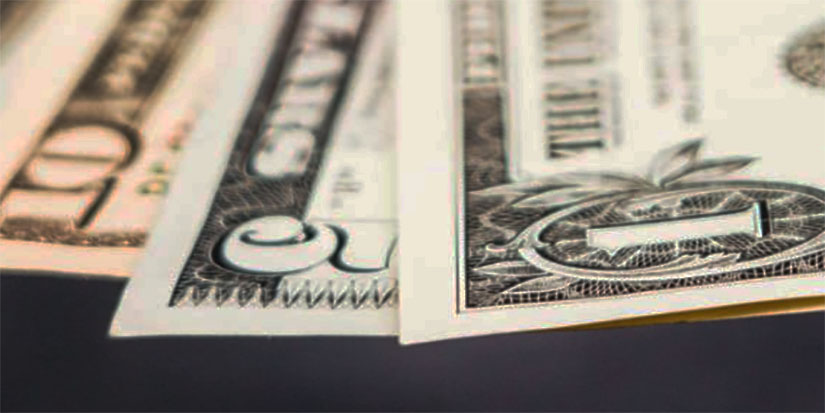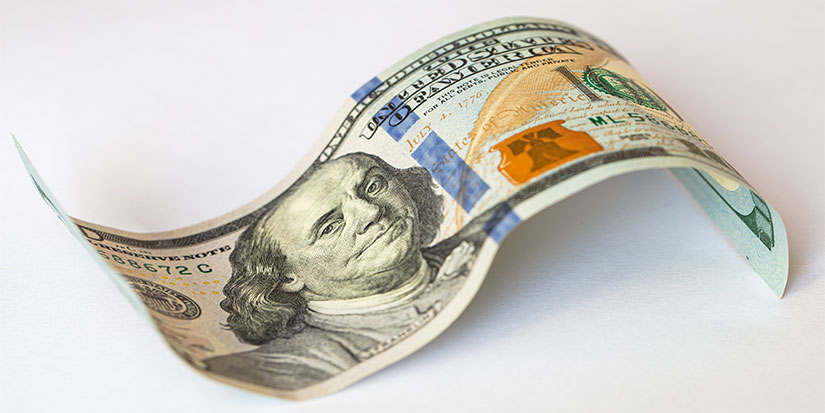
The Coffee Debate: Urine for a Big Surprise
Common financial advice from Suze Orman and other “experts,” like avoiding daily coffee, is wrong. Focus on big financial decisions, not the little things that just don’t matter.

Life Is Too Short to Stay in Cheap Hotels
I was in Boston last week, and usually I stay in the Seaport—the high-rent district.

Personal Finance and Pets
You know my personal finance shtick: There are little things, and there are big things. Pets are both little things and big things.
As I have said before, I have six cats. I had seven, and Uma passed away two months ago. It was horrible. Anyway, the ongoing costs of owning cats, even six of them, are not that much—probably $7 worth of food a day and $3 worth of litter. You might spend $3,000 on six cats over the course of a year, and if you only have one, it is obviously much less. Pretty much anyone can afford a cat or dog.
Until…
The cat or dog has medical problems. My wife and I spent $10,000 on Uma in the last few months of her life. And unless your pet just keels over in the middle of the night, at some point in their life, they are going to require some expensive medical treatment that is going to set you back five grand at least.
So, I say that you should not worry about the little things, and for 99% of your pet’s life, the financial burden is small, but that other 1% is going to be very expensive. A lot of people don’t have the scratch to pay for cat medical care when it gets really expensive, and euthanasia is the only option. This is known as economic euthanasia, where you’re too poor to take care of your pet. And it happens three million times a year.
That’s not to say that poor people shouldn’t have pets. Everyone should have pets. But there are two simple things you can do to ensure that you can save your cat’s or dog’s life when the time comes.
The Two Things
You need an emergency fund. I say that everyone should have an emergency fund of $10,000—or six months of expenses, whichever is greater. This is also the sick pet fund. Sick pets fall into the broader class of emergencies that you should put money aside for, like the “check engine” light and the tree on your roof. If you have ten grand in an emergency fund, and your cat gets a UTI, you will have no worries. That’s what this program is all about.
Alternatively, you could buy pet insurance. There is such a thing. There are a lot of pet insurance companies, including a publicly traded one. It’s a bit expensive, but it might be worth it. If you purchase pet insurance for a puppy or kitten when they have no pre-existing conditions, for $75 a month, the insurance company covers all out-of-pocket expenses. The longer you wait to get the insurance, the more expensive it will be. $75 a month is a lot, but maybe if you’re the kind of person who has a tough time saving for emergencies, you can afford an ongoing payment.
Pet insurance is becoming more common. When I took Uma to the fancy veterinary hospital, they asked if I had insurance. I did not. I can tell you at that moment, I wished I had insurance because the bills were coming fast and furious.
It’s Coming
When you get a kitten or a puppy, there is this honeymoon period where you have this cute fuzzball prancing around your house, and you are not really thinking about the fact that this cute little fuzzball is going to cost you a lot of money at some point in the future. And you have to pay it. If you’re like me, you will do anything for your pets. My oldest cat is getting up around 11 years old, and the next oldest will be 10 next month, so it’s coming. It’s no different than people. Maybe we should have Medicare for cats.
I’ll take the last 150 or so words to exhort you to have an emergency fund of some kind. They say that x percent of people don’t even have $500 in their checking account. That sounds like overdraft hell to me. Create a separate account and start putting $200 a month into it, until you get up to ten grand. Then leave it there. Don’t raid it for any reason. And don’t invest it. Just let it sit there, earning a little bit of interest. And if you have a bona fide emergency, use it, and then slowly fill it back up.
In book news, I’m going to be doing a signing at the Cottage Park Yacht Club in Winthrop, Massachusetts this Friday from 7–9 pm. Open to all. Book sales are still going well, and they’ll go even better if you hover over the “Add to Cart” button and press it lustily. I know how many people get this email, and if you all bought it, it would be a New York Times Bestseller. Look at the reviews—the best for any book I’ve ever seen.

Jared Dillian, MFA
|

The Urge to Splurge
The purpose of money is enjoyment. If you do all the basic things right, then you can splurge on yourself sometimes.

I Spent $16 on Saturday
Most problems in personal finance come from people focusing on the small things, not the big things.
